
Table of Contents
UK energy debt surges to its highest in eight years, with suppliers urging bold reforms as millions brace for another punishing winter of high bills.
According to a Uswitch survey, household energy debt has risen nearly 30% in a year, with Britons owing £780m (US$1.04 billion) and the average home owing more than £220 (US$293) this winter.
The rise follows a 2 % increase to the energy price cap by the regulator, the Office of Gas and Electricity Markets (Ofgem), from October 1, pushing average annual bills for direct‑debit users from £1,720 to £1,755 (US$2,335).
Rachel Fletcher, director for regulation and economics at Octopus Energy, warned that household energy bills could jump 20% unless the government acts to curb rising “non-commodity costs,” even if wholesale electricity prices were cut in half.
Non-commodity costs are charges on energy bills that don’t pay for the electricity or gas itself. They cover network maintenance, running the energy system, and levies that fund renewable projects or support vulnerable households.
E.On UK CEO Chris Norbury added that even with wholesale prices at zero, bills would remain elevated due to persistent increases in non-commodity costs.
Additionally, Simone Rossi, CEO of Électricité de France (EDF) Energy UK, highlighted that serving households in the UK costs more than twice as much as in France due to non-commodity charges. “Per point of delivery, the cost to serve [customers] in the UK is about £100 per annum. In France, it’s 45 euros,” he noted.
In June, government data showed a record number of British households couldn’t cover their energy bills via direct debit, citing insufficient funds in their bank accounts.
The dangers for households unable to meet energy bills are stark. The End Fuel Poverty Coalition cautioned that freezing homes could contribute to thousands of winter deaths, leave vulnerable children living in cold, damp conditions, and place additional strain on the National Health Service.
Ofgem also revealed that higher energy costs are driving an increasing number of households into poverty.
(Also read: Net Zero Is Not Zero Cost)
Why prices are climbing
After Russia invaded Ukraine, energy prices spiked across Europe as countries raced to secure gas for heating and electricity. Even with the peak of the crisis passed, costs remain far above pre-war levels.
According to The Telegraph, this is because power prices have surged far faster than wages or pensions. Between 2019 and 2024, electricity costs for a typical household rose 58 %. Even households using no electricity now face higher standing charges, which have doubled to nearly £15 (US$20) per month.
Moreover, British factories face the highest electricity prices of any developed country, with costs more than doubling between 2019 and 2023, according to the International Energy Agency (IEA).
Meanwhile, Labor’s Industry Minister, Sarah Jones, said France’s energy is cheaper due to its large reliance on nuclear power, while Germany“has been better historically in terms of industrial energy prices because they’ve put extra costs onto consumer bills.”
The Telegraph noted, “At the moment, the biggest single factor affecting electricity prices is gas.” It explained that the 1990s “dash for gas” after major North Sea discoveries led to the construction of numerous gas-fired plants, now central to Britain’s power grid. Coal, once the dominant source, has been phased out in recent decades through higher taxes targeting its carbon emissions.
Even as renewables supply most of Britain’s electricity, gas still drives prices under the “marginal pricing” system. Grid operators meet demand by starting with the cheapest sources and adding plants until enough power is generated. The final price is set by the most expensive plant used, meaning gas-fired generators effectively determine what all suppliers are paid.
The system is designed to encourage efficiency, as plant operators lower their bids to stay online longer. But in practice, consumers end up funding the expansion of cheaper renewables while still shouldering the high cost of gas.
Is net zero to blame?
Britain’s leading energy firms warned that households could face steep bill increases over the coming years as the cost of green levies continues to surge. They called on the government to urgently review the funding of net-zero initiatives, saying these rising costs are a major force behind higher energy prices.
Energy policy costs are added directly to households’ and businesses’ power and gas bills instead of being covered by general taxation. Rising network charges are paying for grid upgrades, while policy costs also back nuclear energy and emerging technologies like green hydrogen and carbon capture.
The Telegraph stated, “Of all of these, the biggest levy is the renewables obligation.” The levy granted renewable producers certificates for every megawatt-hour generated, on top of their power payments, while suppliers had to buy these to offset emissions. It triggered a boom in UK wind farms and, though now closed to new entrants, still adds about £6.8 billion (US$8.9 billion) to energy bills.
Other policies pushing up bills include the feed-in tariff, introduced in 2008 to reward homeowners for generating their own solar power, as well as schemes like the Energy Company Obligation, which funds energy-efficiency upgrades for low-income households, and the Warm Homes Discount, a winter bill rebate for those on certain benefits.
Analysts said these policies together add significantly to the average annual bill, excluding newer subsidies such as contracts for difference, which guarantee low-carbon producers a fixed price for their energy.
However, environmental groups argued that the root cause of high energy bills is the UK’s reliance on fossil fuels. They said the most effective way to reduce costs is to expand renewable energy, paired with battery storage and grid upgrades to ensure stability.
One influential voice, the London-based think tank Ember, has advised political parties on clean power strategies. Ember analysts point out that before the energy crisis, UK electricity prices were comparable to those of other European countries. Prices have since remained high largely because gas dominates both generation and grid stability, effectively setting the cost of electricity.
Ed Miliband, Secretary of State for Energy Security and Net Zero, maintained that energy bills remain “too high” due to Britain’s reliance on fossil fuels. “There is only one route to get bills down, which is to go for clean power, home-grown clean energy that we control so we’re not at the behest of the petro states and the dictators,” he asserted.
(Also read: Davao Oriental Grapples with Failing Power Instability)
Power prices bite the economy
A government report flagged high energy costs as a major threat to UK industry and foreign investment. Make UK, the manufacturers’ body, warned that if prices remain high, Britain could face “de-industrialization”, a risk some say is already emerging.
From 2021 to 2024, heavy industries such as steel and glass saw production fall by a third as high energy costs took their toll, according to the Office for National Statistics.
Rising energy costs are putting both Britain’s established industries and its future sectors at risk. As the country works toward net zero by 2050, electricity will play an increasingly central role as production processes are electrified to reduce carbon emissions.
However, Shadow Energy Secretary Claire Coutinho said that while in office, she often had to push back against officials seeking to add even more levies to energy bills. “Cheap energy has to be our priority – otherwise we will keep offshoring British industry to China, which is just mad,” she declared.
David Scaife, chief financial officer of Marcegaglia UK, a steel and metal products manufacturer, said that high electricity prices continue to challenge the company’s global competitiveness, as it exports over 90% of its production to regions in the EU and the US where power is significantly cheaper.
“So our competitiveness is very dependent on getting lower electricity costs,” he concluded.
Sources:
https://news.stv.tv/politics/energy-debt-hits-eight-year-high-ahead-of-winter
https://www.telegraph.co.uk/business/2025/10/16/green-levies-are-to-blame-for-rising-energy-bills
https://www.theguardian.com/money/2025/aug/27/higher-energy-bills-price-cap-rises



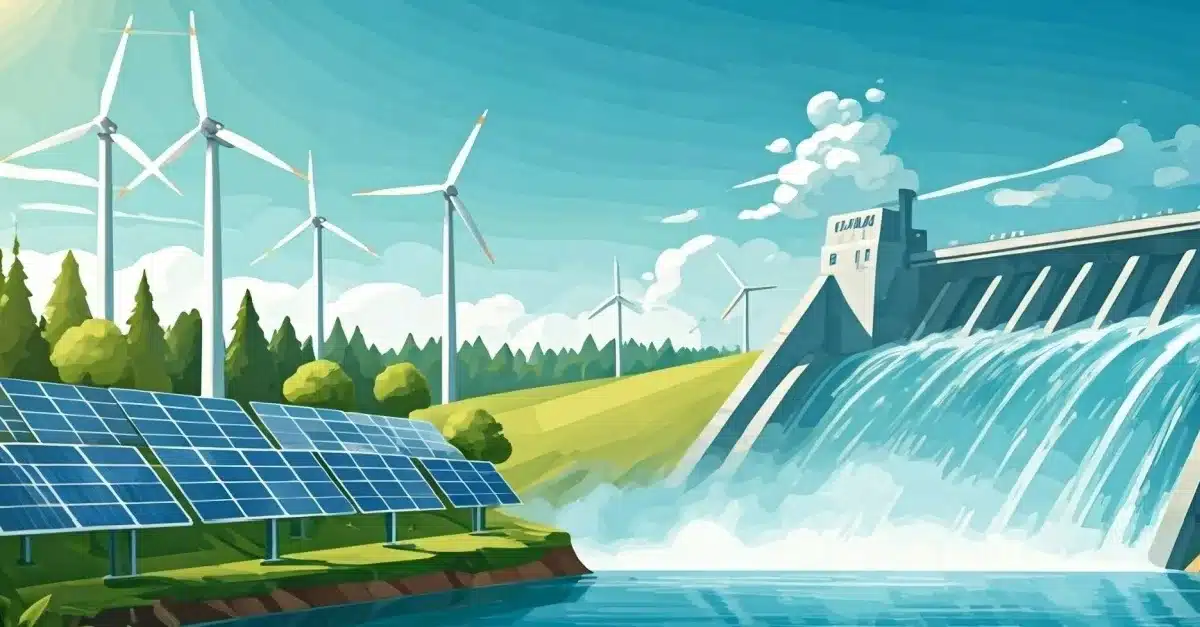



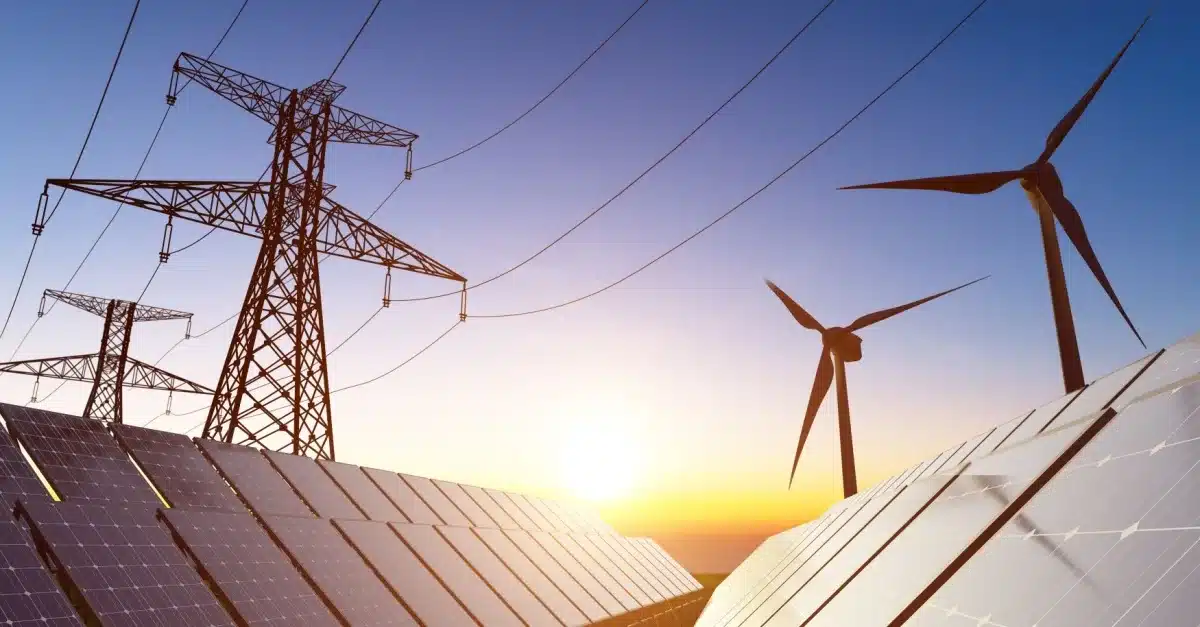



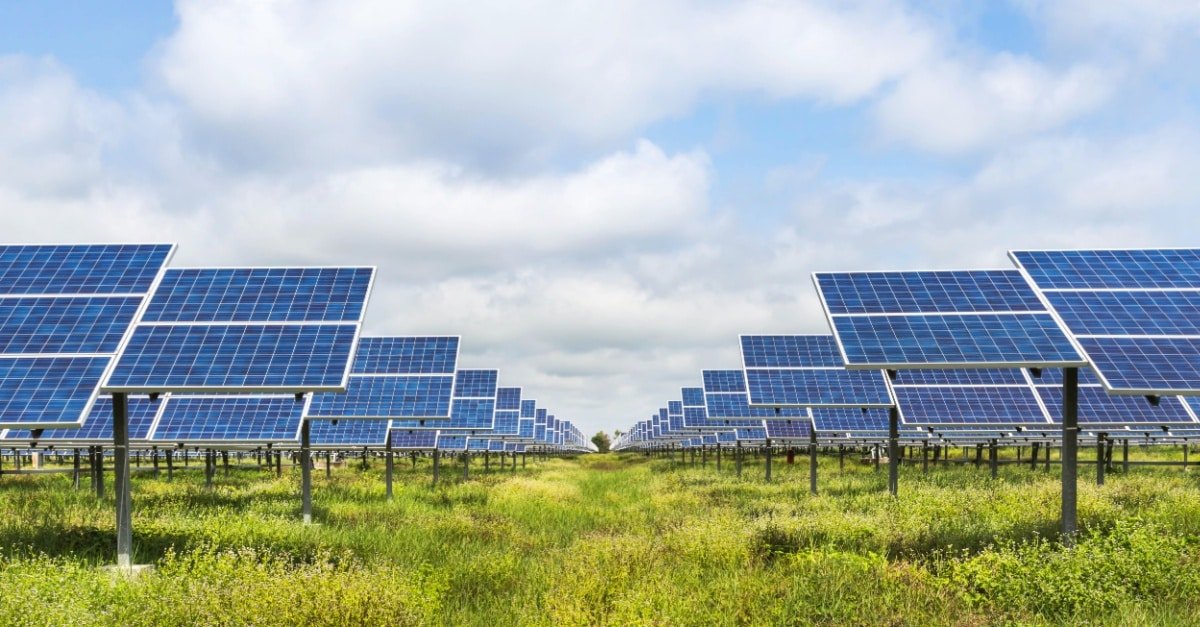

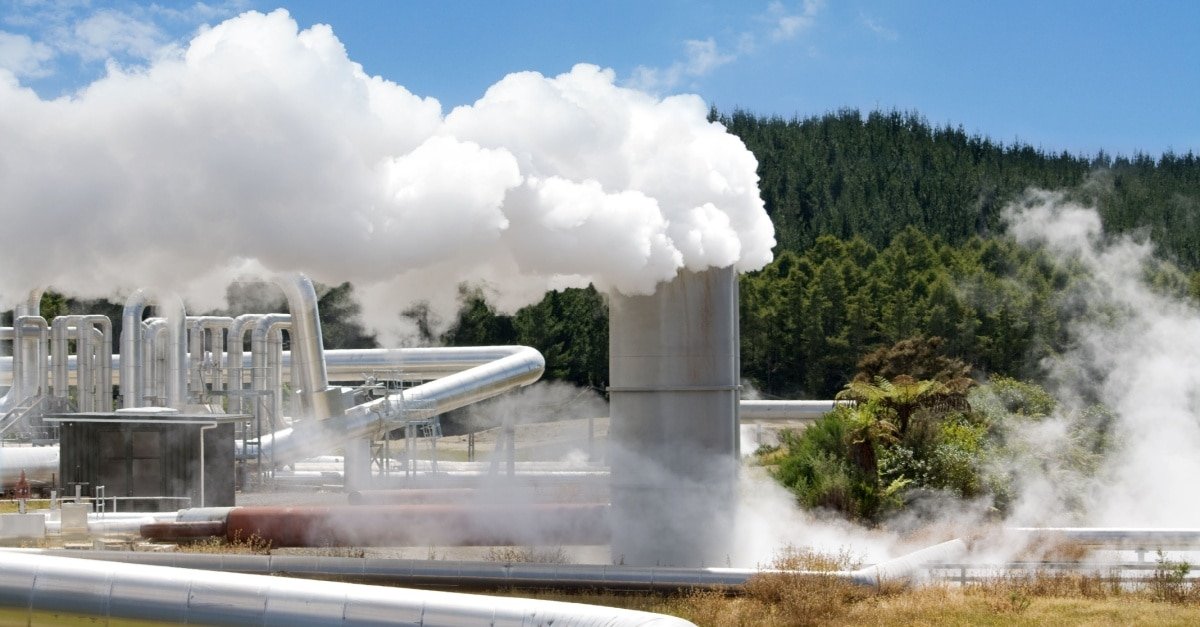




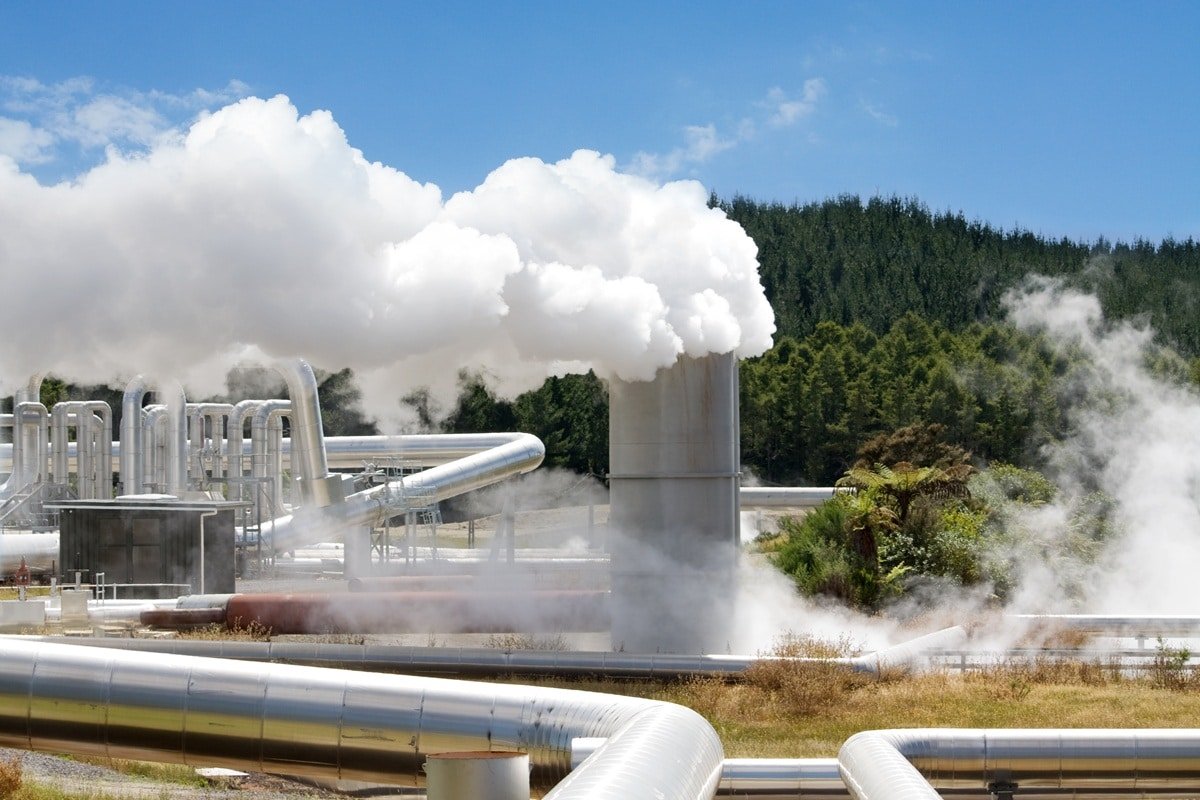







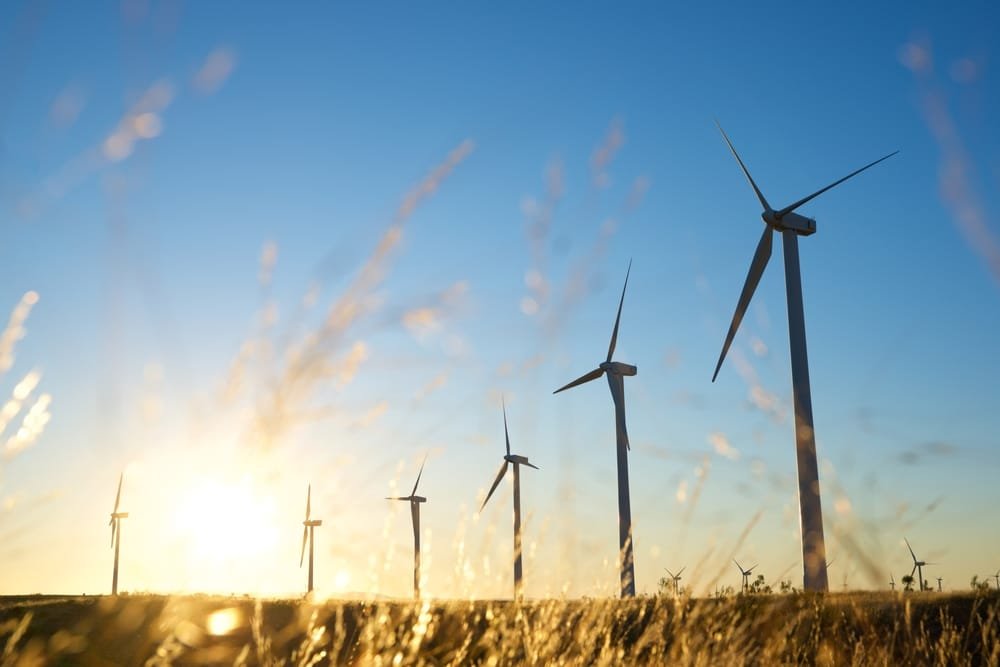

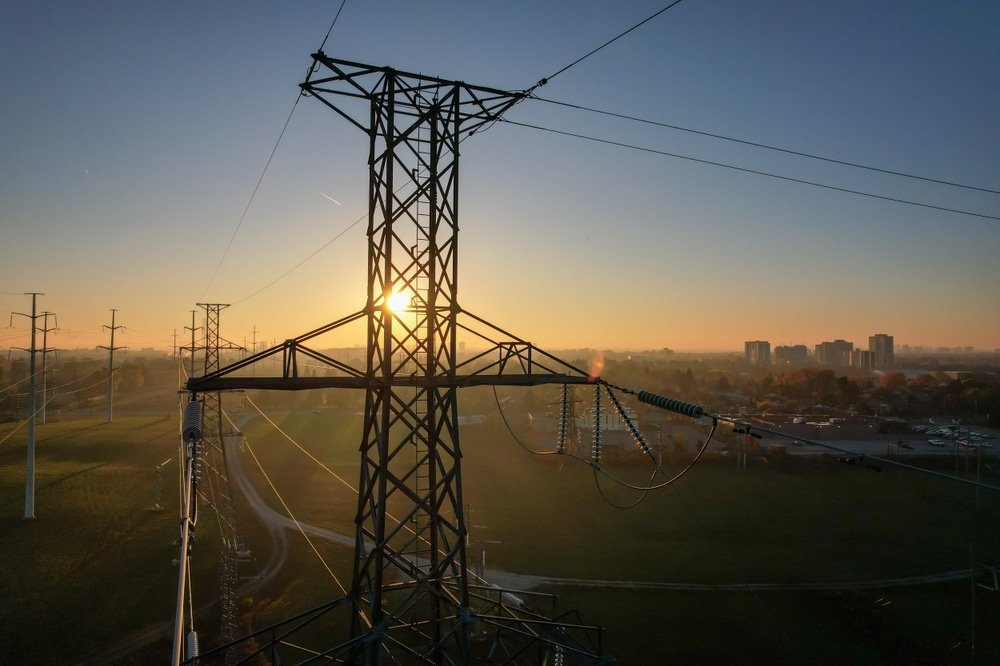
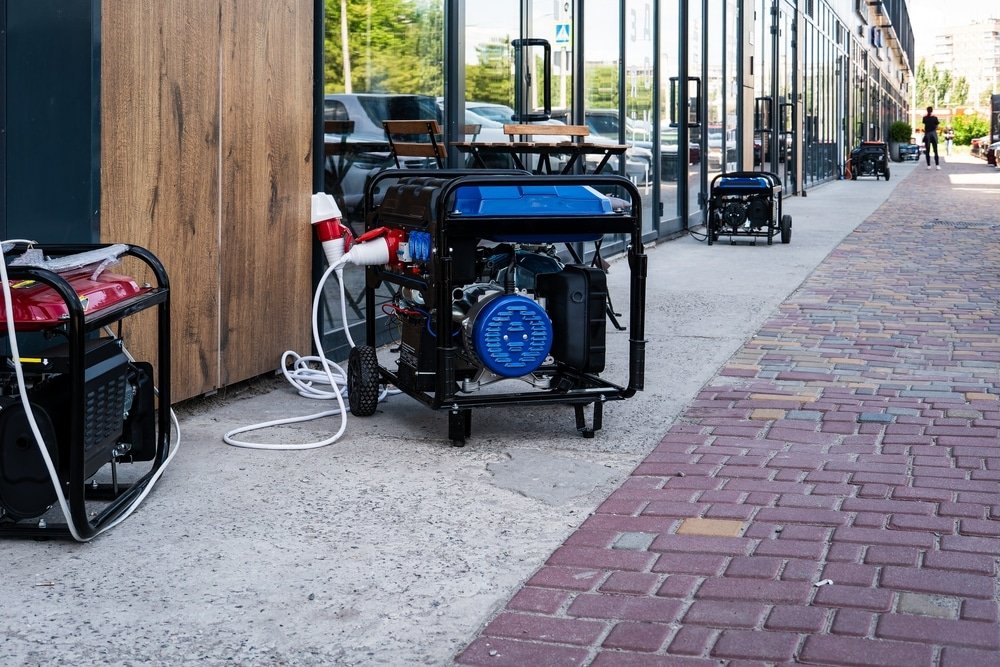

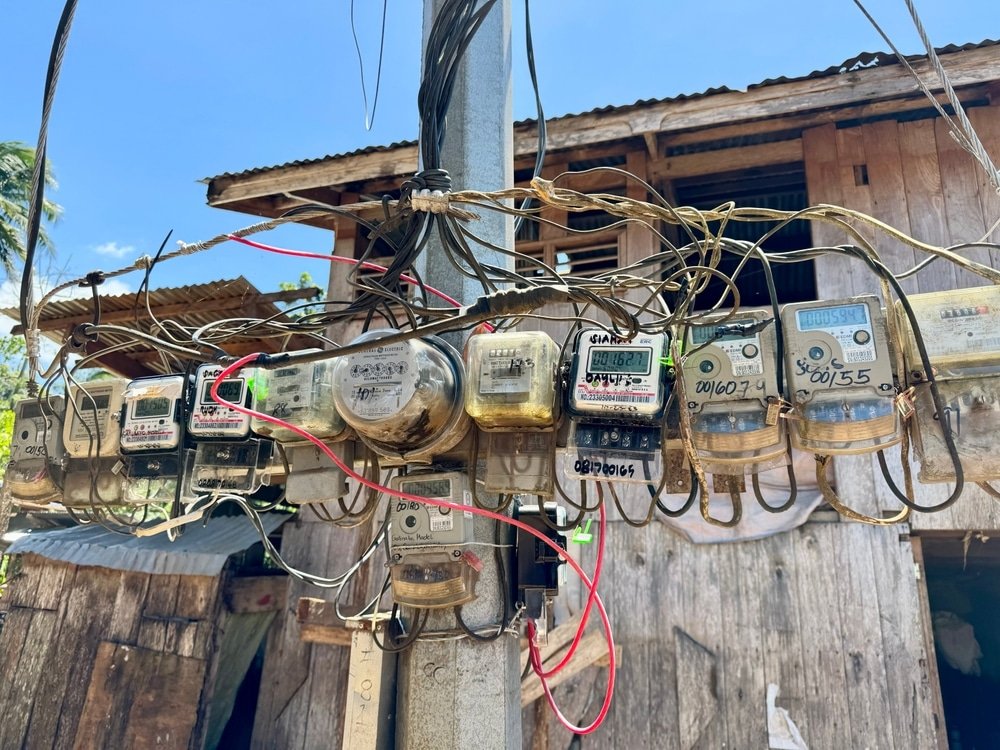







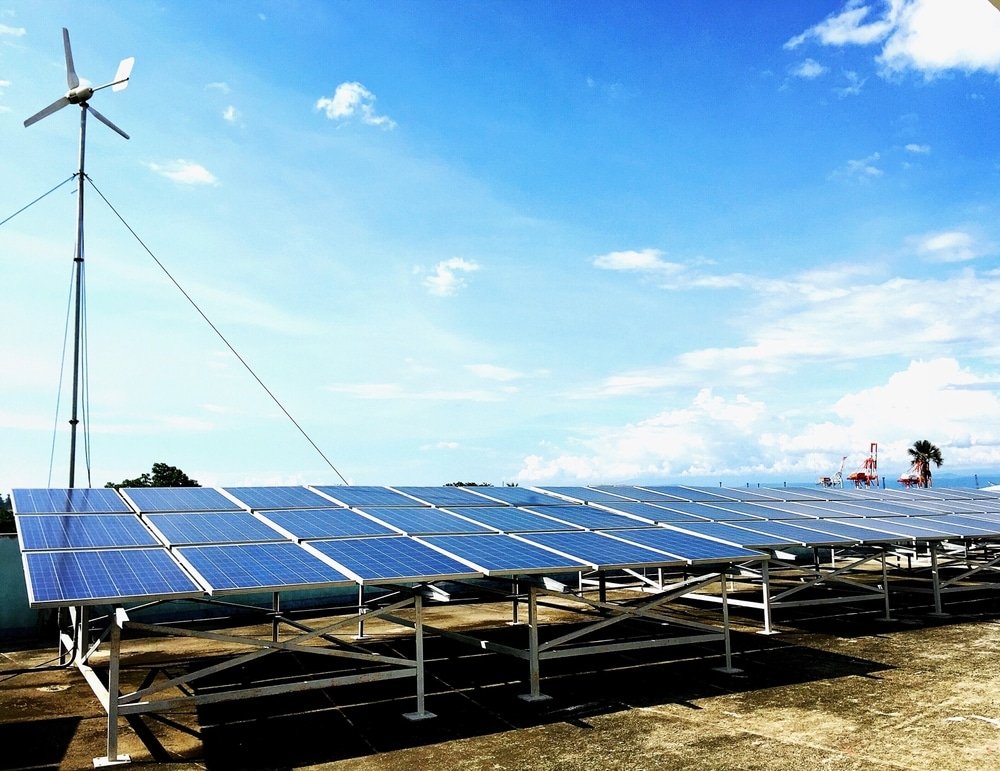









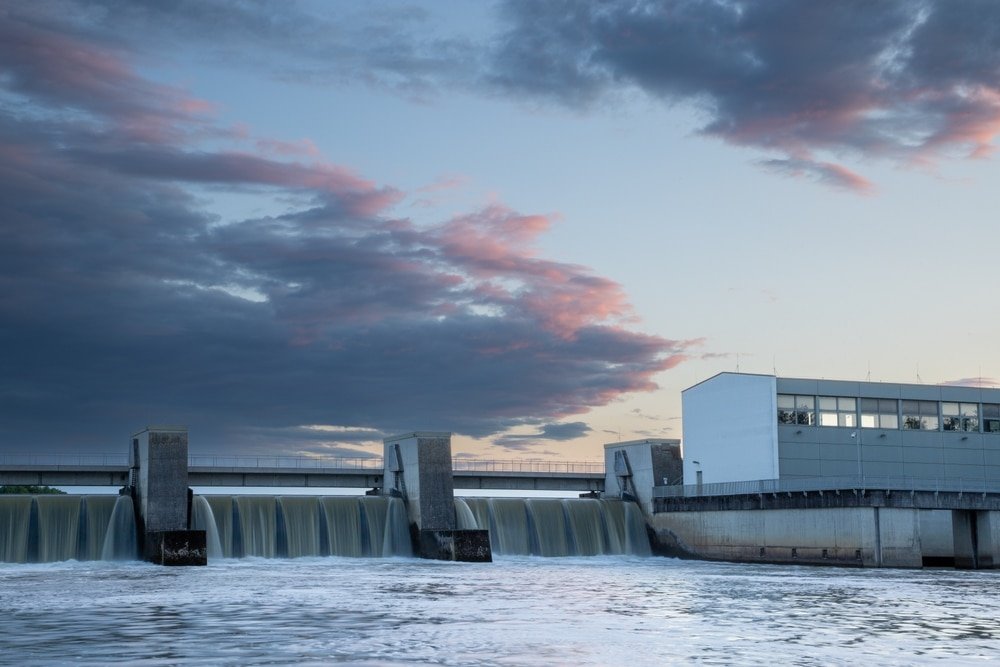
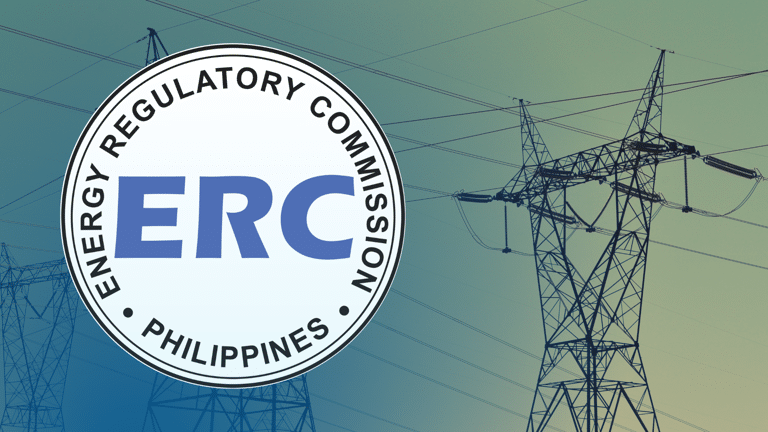











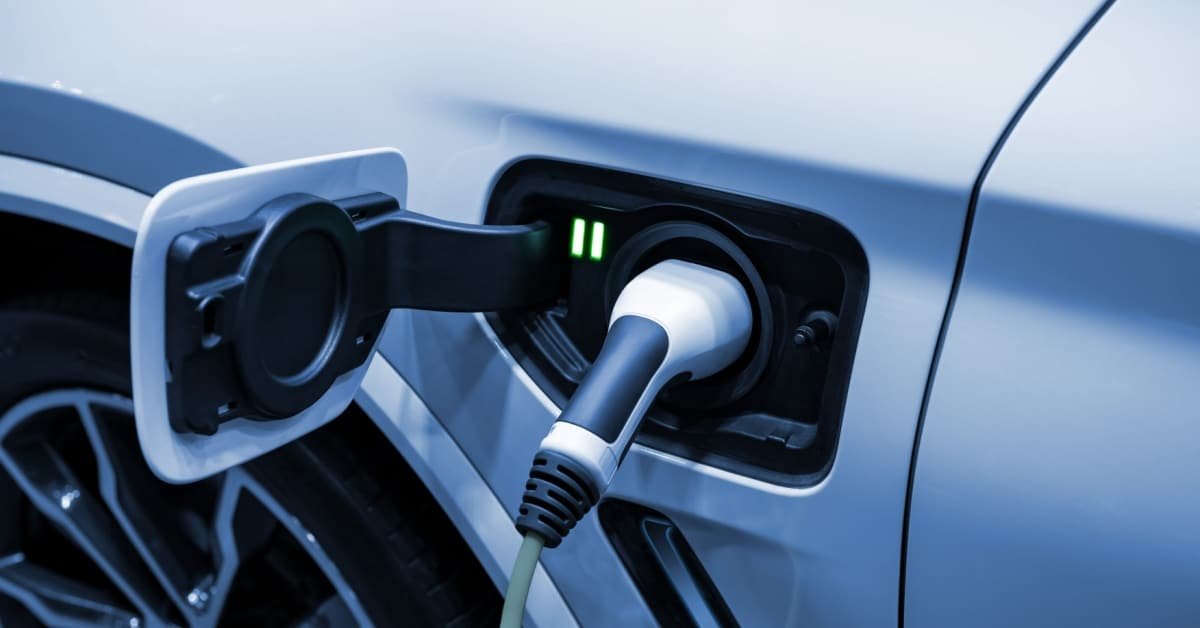


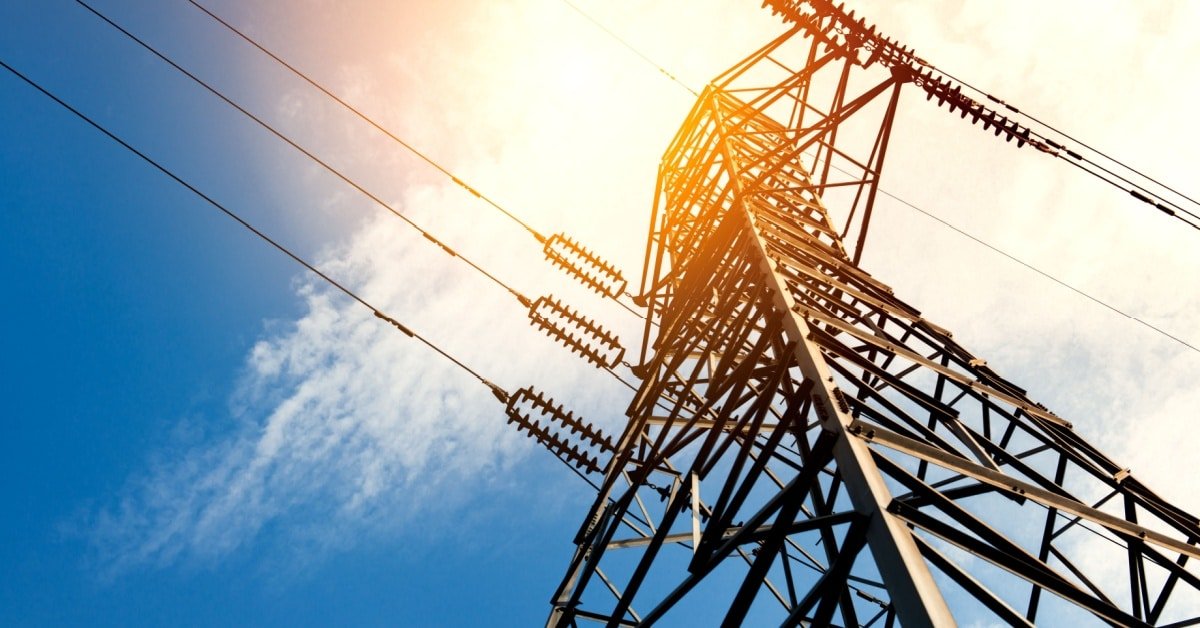
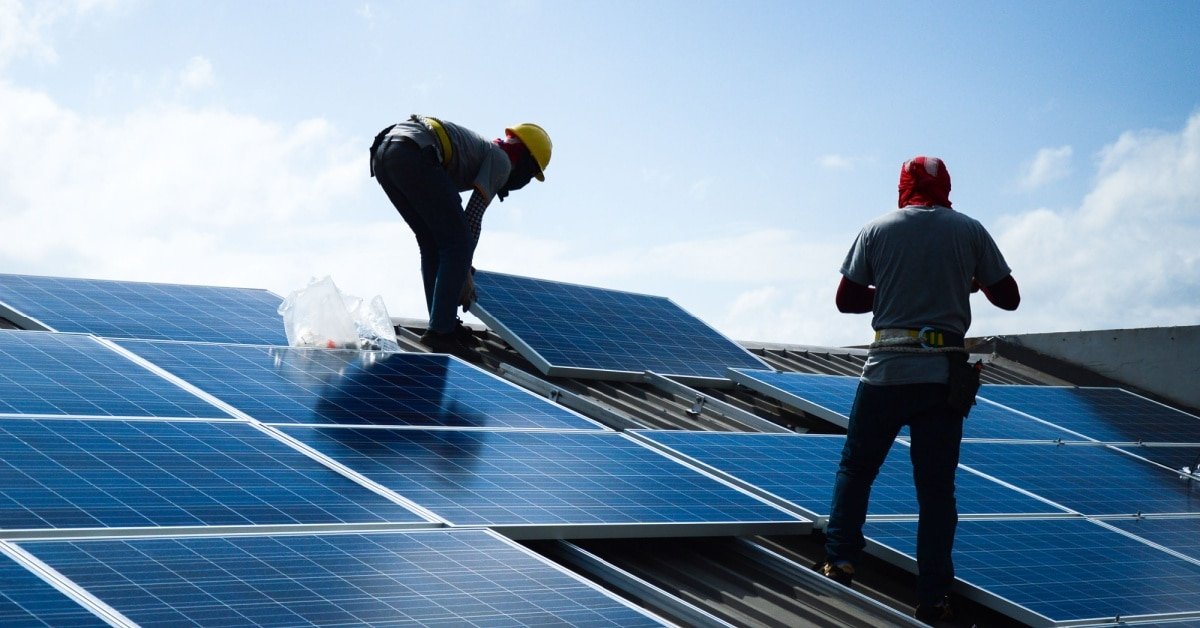
1 comment on “Winter of Worry: Britain’s Energy Debts Hit Record High”